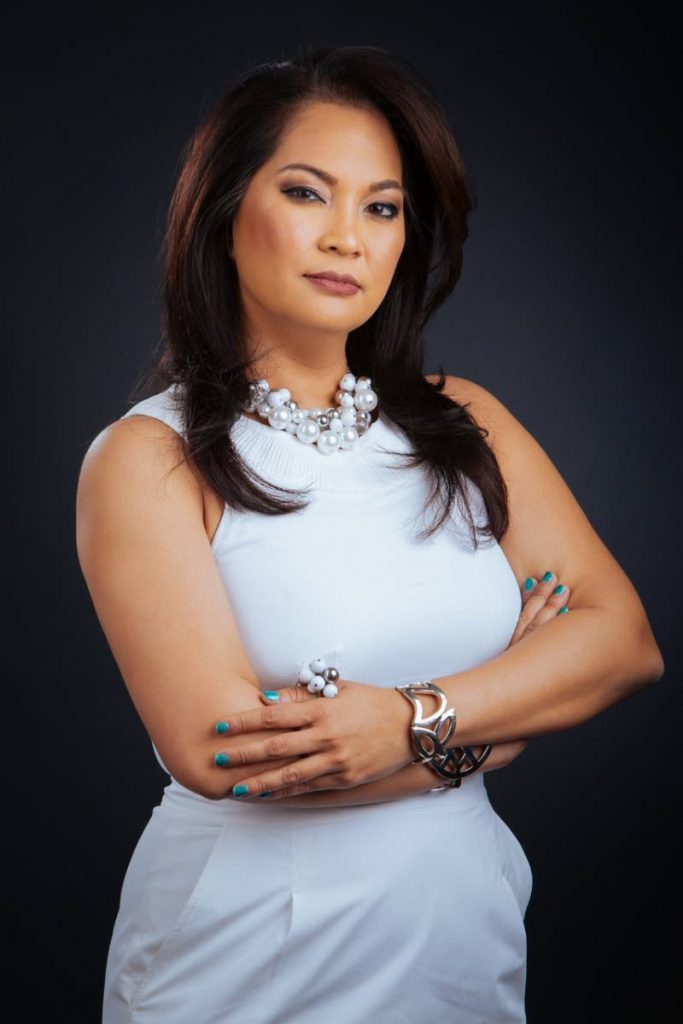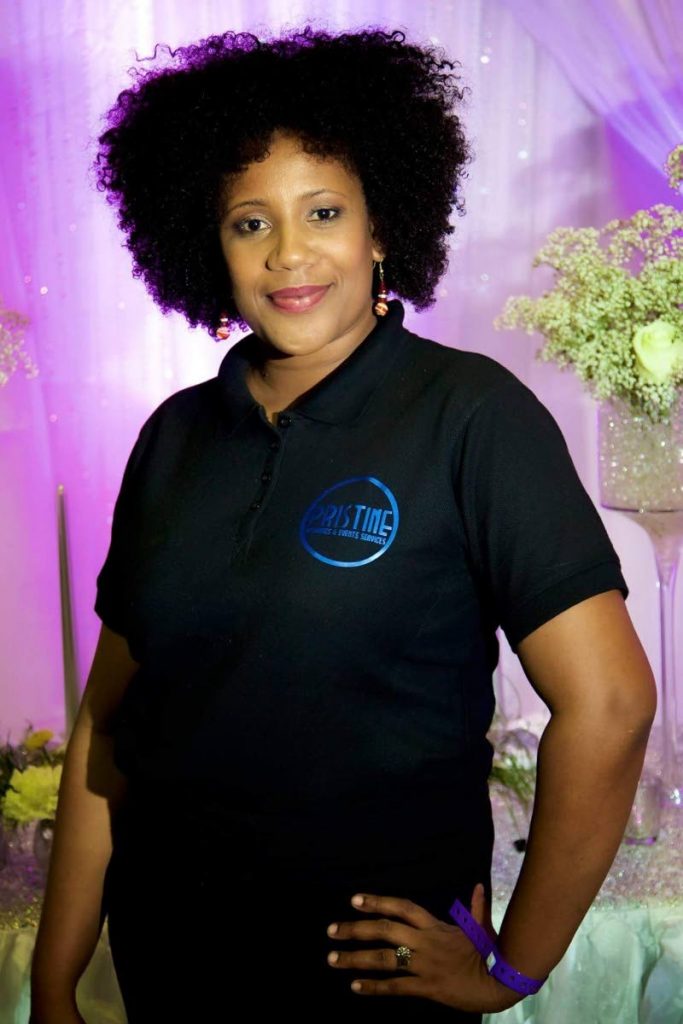Prepping for parties, events in covid19 era

Roxanne Pantin, interim president of the Caribbean Association of Events Professionals (CAEP) says now, before the borders reopen, is the time to have discussions, train people, and create a plan to restart the industries of live events, arts, culture and tourism in TT.
She said that with covid19, many events had to be virtual which only offered approximately ten per cent of the income regularly generated for a live version of the same event.
“Picture your salary being cut to ten per cent a month and figure out how you could survive off of that.”
The organisation's board member, Simone Sant-Ghuran added that even that ten per cent depended on the event. She said hosts who wanted a backdrop, podium, design, plants, a moderator, and a technician in case something goes wrong with the online platform being used were few and far between.
In addition, the majority of event professionals such as bar staff, rental companies, and caterers, could not switch to a virtual setting.
And while the organisation understood the importance of the health restrictions, scale was important to event professionals because five to ten guests were not feasible for anyone to operate.
Pantin said reports showed there was an 80 to 90 per cent downturn in income in the industry compared to the same period in 2019. Even the company she co-owned, iCreate Events Limited, had to furlough some staff.
She was appreciative that corporate clients did not abandon them, and in fact were extremely supportive, hiring event companies when possible, even if they could do it themselves. However, she noted that businesses had their own financial issues with which to deal.

She added that many people in the industry, such as waiters and waitresses, had to find lower paying jobs, if they were able to find any at all. She questioned what would happen when the borders were opened and the events industry was ready to get back on track. She believed it would be difficult for them to make the transition back to events and therefore, difficult to kick-start the industry.
“We are not going to be able to sustain this for much longer. And TT still has to deal with unemployment, poverty and crime, which were three problems we were struggling with before covid19. What are we going to do when that gets out of hand?”
Pantin stressed that large events did not only take place at Carnival or Christmas but year-round, making it a lucrative economic stream that TT should develop.
She personally worked on events for the Commonwealth Heads of Government Meeting (CHOGM), the Summit of the Americas, and other events that catered to 300 to 5,000 people.
She added that the service industry sector made up 60 per cent of the economy, although not all the service industry included the events industry.
At an average Carnival event, there were approximately 1,000 suppliers, a wedding for 350 could easily have 60 people working in the background, and 30 to 40 per cent of the people at events like conferences were contractors.
She said on average, TT’s events industry covered around 20,000 to 25,000 people. That number included people on stage like dancers, musicians, and singers, as well as bar staff, caterers, audio and lighting technicians, DJs, people at the door, bathroom attendants, cleaners, event planners, stylists, designers, make-up artists, ushers, managers, and more.
What about a drive-by Carnival parade?
Recognising the scope of the industry, the regional association for event professionals was founded in 2019.
Pantin; Sant-Ghuran, founder of Trinidad Weddings; Lisa Shandilya, director of Revolution Conference Management and Event Solutions; and Janelle Carimbocas-David, managing director of Pristine Weddings and Events, were the founders of the organisation.

“The challenge has always been that the majority of our membership was lower skills-based people who may not have seen the need to get organised and standardise the industry. We now have a lot more players in the industry so we figured now is an excellent time with a lot more business people who are understanding that an event is not ‘throwing a party in your backyard,’ and that’s the level we are playing at.”
People used to consider working in the events industry as a side job or a hobby but many were now making their living doing events.
Sant-Ghuran said previously, people operated in their own bubbles but the association was hoping to change that.
“Covid19 has been a unifying factor in pushing the industry together and that might be something good that has come out of this whole situation. Now we all find ourselves in the same boat regardless of whether we are corporate, sports, entertainment, weddings, etc.”
The association wanted to standardise frameworks, protocols, and guidelines for events and ensure people adhere to those guidelines.
“What is needed is a body like us to really send the messages along to all the players in the industry. Because I don’t think, before us, there has been any centralised body to give guidance to the newer event planners.”
Pantin said the association also recognised the need to get younger people involved, trained, and be made aware of the rules and regulations, including the Occupational Safety and Health Act.
“We have been in talks with several different stakeholders who have all shown interest in having an association that is, one, reputable, and two delivers.”
The association's executive would like to have discussions with the government about reopening live events.
She said the association’s members connected with people and organisations around the world, including the Event Safety Alliance, to understand up-to-date ways of keeping people safe.

Therefore, they hoped to work with the government so the association would manage those handling various events since its members would have gotten training or been made aware of a check-list of items necessary to host a safe event.
“Covid19 is as real as all the other issues event people have to work out all of the time. There are many health and safety regulations that we have to deal with. It’s a big challenge to keep thousands of people safe. I would love if the government could rely on our expertise in these areas.”
The association has been hosting think-tanks and workshops where members, including hotels and bandleaders, put forward ideas to open the industry safely. Pantin said the association held a think-tank with representatives from the Ministry of Tourism and hoped their ideas would be considered because it recognised the government could not distribute social grants forever, and its members wanted to be able to help themselves as well as provide income for the government.
Some ideas included virtual tours of TT, and spacing out people at events in large locations like the Queen’s Park Savannah. A “drive-by Carnival” where people could drive around the savannah to view Kings and Queens costumes was also pitched.
“In every public building that you go into right now, there are more than 100 people in lines waiting to do business. How is that different to doing an event?”
She said the same rules and regulations could be applied for an event and if people did not comply, they could be put out.


Comments
"Prepping for parties, events in covid19 era"